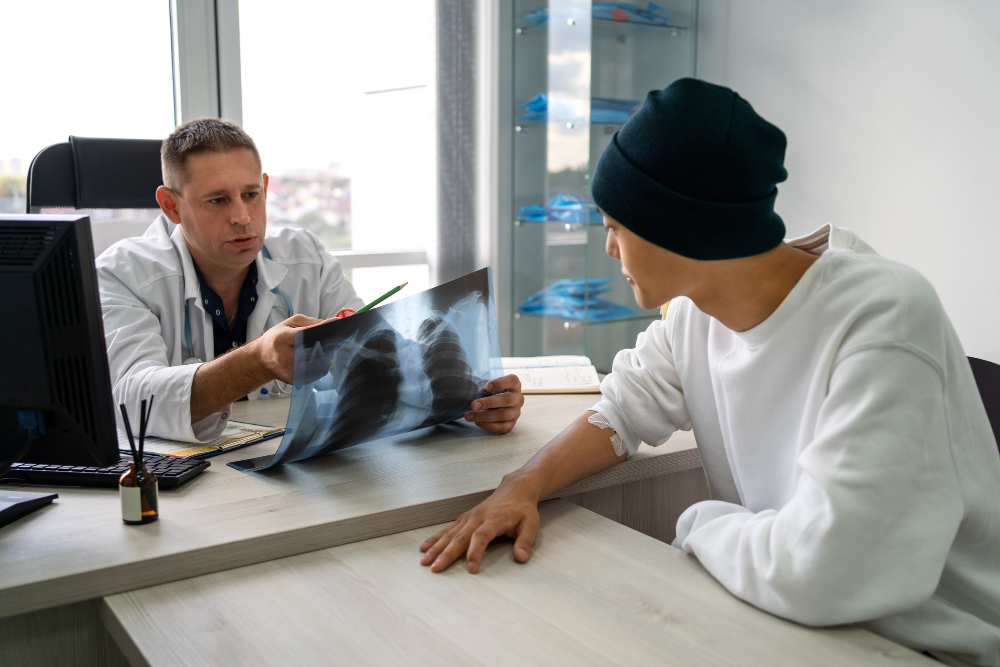Pulmonary Rehab

Pulmonary rehabilitation (pulmonary rehab) is a comprehensive program designed to improve the respiratory health and overall well-being of individuals with chronic lung diseases, such as chronic obstructive pulmonary disease (COPD), asthma, pulmonary fibrosis, and bronchiectasis. The primary goal is to enhance the quality of life, increase physical capacity, and reduce symptoms.
Goals of Pulmonary Rehab:
- Improve Breathing: Techniques to enhance lung function and manage symptoms.
- Increase Exercise Tolerance: Strengthen muscles to perform daily activities with less shortness of breath.
- Educate Patients: Provide knowledge about their condition and how to manage it effectively.
- Reduce Symptoms: Minimize the frequency and severity of respiratory symptoms like coughing, wheezing, and shortness of breath.
- Improve Overall Health: Encourage lifestyle changes that promote better health and well-being.
Components of Pulmonary Rehab:
- Exercise Training: Tailored exercise programs to improve cardiovascular fitness, muscle strength, and endurance. Activities may include walking, cycling, and strength training.
- Breathing Techniques: Methods such as pursed-lip breathing and diaphragmatic breathing to improve lung efficiency and control breathlessness.
- Education: Informative sessions on lung health, medication management, oxygen therapy, and techniques to conserve energy.
- Nutritional Counseling: Guidance on maintaining a healthy diet to support lung function and overall health.
- Psychosocial Support: Counseling and support groups to address the emotional and social challenges associated with chronic lung disease.
- Smoking Cessation: Programs to help patients quit smoking, which is crucial for lung health improvement.
Benefits of Pulmonary Rehab:
- Enhanced Exercise Capacity: Patients often experience significant improvements in their ability to exercise and perform daily activities.
- Reduced Respiratory Symptoms: Many patients report fewer and less severe symptoms.
- Improved Quality of Life: Enhanced overall well-being and a better ability to manage the disease.
- Decreased Hospitalizations: Fewer exacerbations and hospital visits due to better disease management.
Approach and Setting:
Pulmonary rehab programs are typically conducted in outpatient clinics, hospitals, or specialized rehabilitation centers. They are multidisciplinary, involving pulmonologists, respiratory therapists, physical therapists, dietitians, and psychologists working together to create a personalized plan for each patient.

